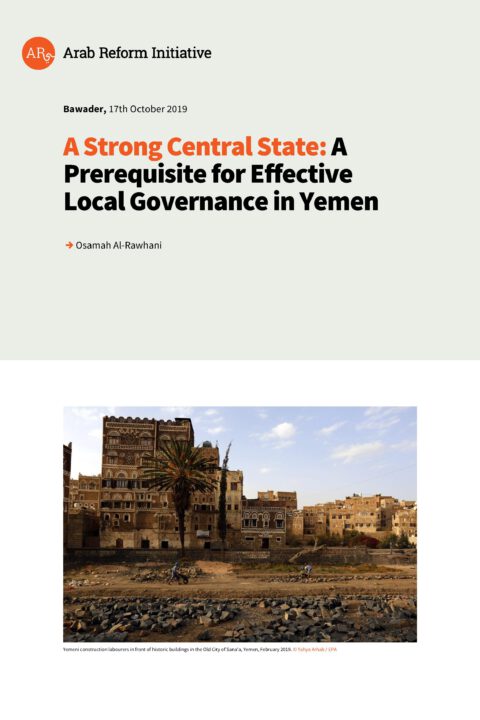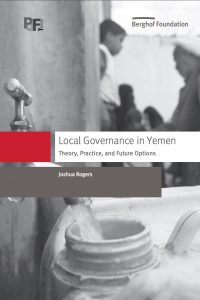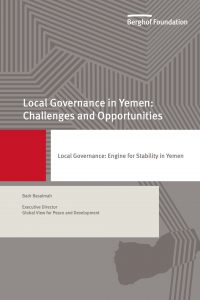
Short piece arguing that a strong central state is a prerequisite for effective decentralisation and federalism and that attempts to strengthen local governance need to come after substantial reconstruction of central state capacity
This piece published by ARI in collaboration with Chatham House is part of a series which addresses the future of governance and security in the Middle East and North Africa, and their impact on the role of the state in the region.
Local governance has been viewed by academics, analysts and some political leaders in Yemen as a panacea to redress the excessive control of the central government, bring the state closer to its citizens and provide those citizens with socio-economic and political stability. Federalism, as a form of local governance,was adopted at the end of the National Dialogue Conference in 2013-2014, although there were disagreements over the number of regions and the federal map. It was posited as a viable vehicle for power-sharing and decentralization in Yemen and is considered a likely outcome after the conflict. However, there are several prerequisites for the effective devolution of power that are not yet in place in Yemen, most prominently the existence of strong consolidated central institutions. In short: it is a mistake to view federalism as a means of achieving stability, rather than a future goal once stability has been achieved.




